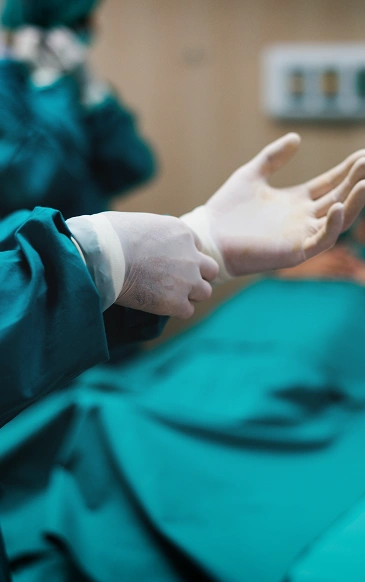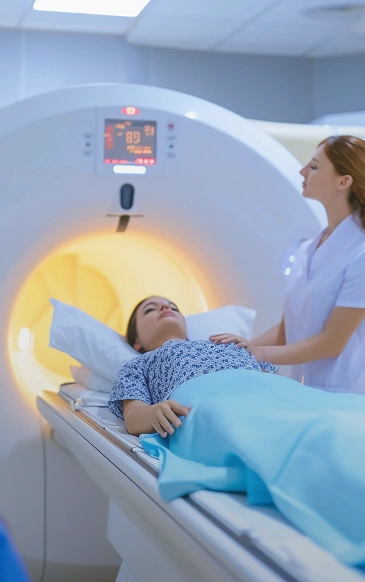
Buccal Mucosa Cancer

Overview
Buccal mucosa cancer definition refers to a type of oral cancer that originates in the inner lining of the cheeks, called the buccal mucosa. It primarily affects individuals with risk factors such as tobacco use, which causes cellular changes in the cheek lining. Symptoms commonly include persistent sores, lumps, pain, and difficulty chewing or moving the cheek. Treatment options include surgery, radiation therapy, and chemotherapy, depending on the cancer stage. Early detection is essential for improving prognosis and the buccal mucosa cancer survival rate.
Ready to fight against Buccal Mucosa Cancer?
Book a consultation with Dr Amit Chakraborty for expert, personalised treatment and ongoing support.
Schedule ConsultationWhat is Buccal Mucosa Cancer?
The buccal mucosa is the inner lining of the cheeks in the mouth. Buccal mucosa cancer is defined as a malignant tumour originating from the mucosal lining, most commonly squamous cell carcinoma. This type of cancer is characterised by uncontrolled cell growth that can invade surrounding tissues and spread to lymph nodes or distant organs.


What are the Symptoms of Buccal Mucosa Cancer?
Recognising buccal mucosa cancer symptoms early enables timely diagnosis and treatment. Common signs include:
- Persistent ulcers or sores inside the cheeks
- Pain or discomfort in the cheek area
- Lumps or thickening in the cheek lining
- Difficulty opening the mouth or chewing
- Bleeding or numbness in the affected area
If any of these symptoms are present, prompt medical evaluation is advised.
What are the Causes and Risk Factors?
Here are the key causes and risk factors for buccal mucosa cancer summarised in one-line bullets, prioritising the most important and evidence-based ones for your page:
Tobacco use
Chewing tobacco and smoking increase cellular damage and cancer risk in the buccal mucosa.
Alcohol intake
Alcohol consumption, especially when combined with tobacco, significantly amplifies risk.
Poor oral hygiene
Chronic inflammation from inadequate oral care raises susceptibility.
Chronic irritation
Ill-fitting dentures or sharp teeth can cause ongoing mucosal injury.
Betel quid use
Chewing betel quid or areca nut (supari) is a major risk factor in specific populations.
HPV infection
Human Papillomavirus (HPV) is emerging as a contributing factor in certain oral cancers.
These risk factors contribute to the pathophysiology of buccal mucosa cancer, leading to genetic and cellular changes in the cheek lining that increase the likelihood of cancer development.
How is Buccal Mucosa Cancer Diagnosed?
Accurate diagnosis of buccal mucosa cancer relies on a comprehensive combination of clinical evaluation, imaging studies, and tissue sampling:
Clinical examination
Biopsy
Imaging studies
Ultrasound of the neck
Endoscopic evaluation
Panoramic dental X-ray (OPG)
PET scan

How is Buccal Mucosa Cancer Staged?
The stages of buccal mucosa cancer are determined using the TNM system to determine the extent of disease and guide treatment planning.
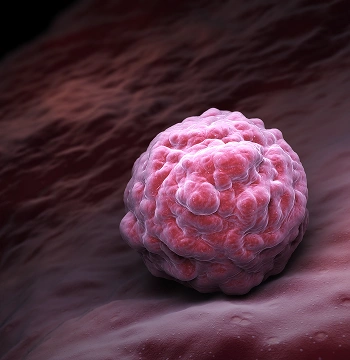
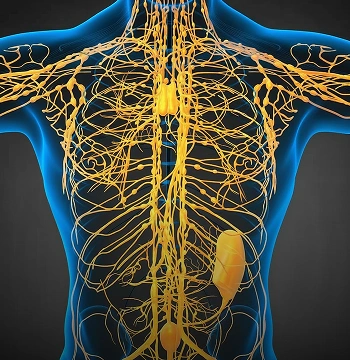
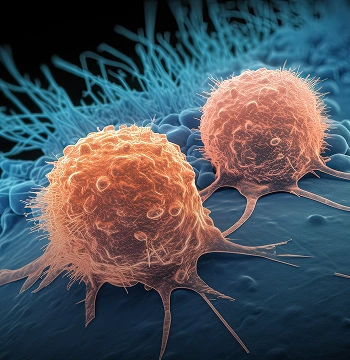
Treatment Options for Buccal Mucosa Cancer
Treatment of buccal mucosa cancer is tailored according to cancer stage, tumour size, and patient health:
Buccal Mucosa Cancer Surgery Recovery Timeline
Preoperative Preparation
(1–2 weeks)
Diagnostic workup and surgical planning
Nutritional advice and physical preparation
Surgery & Hospital Stay
(Day 0–7)
Tumour excision and hospital monitoring
Pain management, wound care, early rehabilitation
Early Recovery Phase
(1–4 weeks)
Initial healing and functional restoration
Supportive therapy: speech and swallowing
Rehabilitation & Follow-Up
(1–3 months)
Continued recovery and surveillance
Regular check-ups and lifestyle counselling
Long-Term Recovery
(3 months and beyond)
Ongoing monitoring and quality of life
Survivorship care and emotional support
Buccal Mucosa Cancer Survival Rate
Survival depends largely on the stage at which the cancer is diagnosed. Early detection significantly improves outcomes, offering a better chance of cure and long-term control. Effectiveness of treatment and the extent of disease progression also influence survival. With modern multimodal treatment approaches, many patients achieve meaningful remission and quality of life.


FAQs
A malignant tumour, typically squamous cell carcinoma, originates in the inner lining of the cheeks.
Common symptoms include persistent ulcers, lumps, cheek pain, difficulty chewing, and numbness.
The primary treatment for buccal mucosa cancer is surgery, supplemented by radiation and chemotherapy when necessary.
The recovery time varies depending on the extent of the surgery and typically ranges from weeks to months, including rehabilitation.
Survival rates range from 50% to 80% at 5 years, depending on stage and treatment.
Speech and swallowing therapy, nutritional support, and counselling support recovery.
The cost of buccal mucosa cancer treatment in India depends on the stage of cancer, the extent of surgery, and whether reconstruction, radiation, or chemotherapy is needed. On average, treatment costs ₹95,000 to ₹10,00,000 in India. A detailed estimate is provided after evaluation.
Together, We Can Fight Against Cancer
Contact us via phone or fill out our appointment form to schedule a consultation with Dr Amit Chakraborty.
Book Consultation
